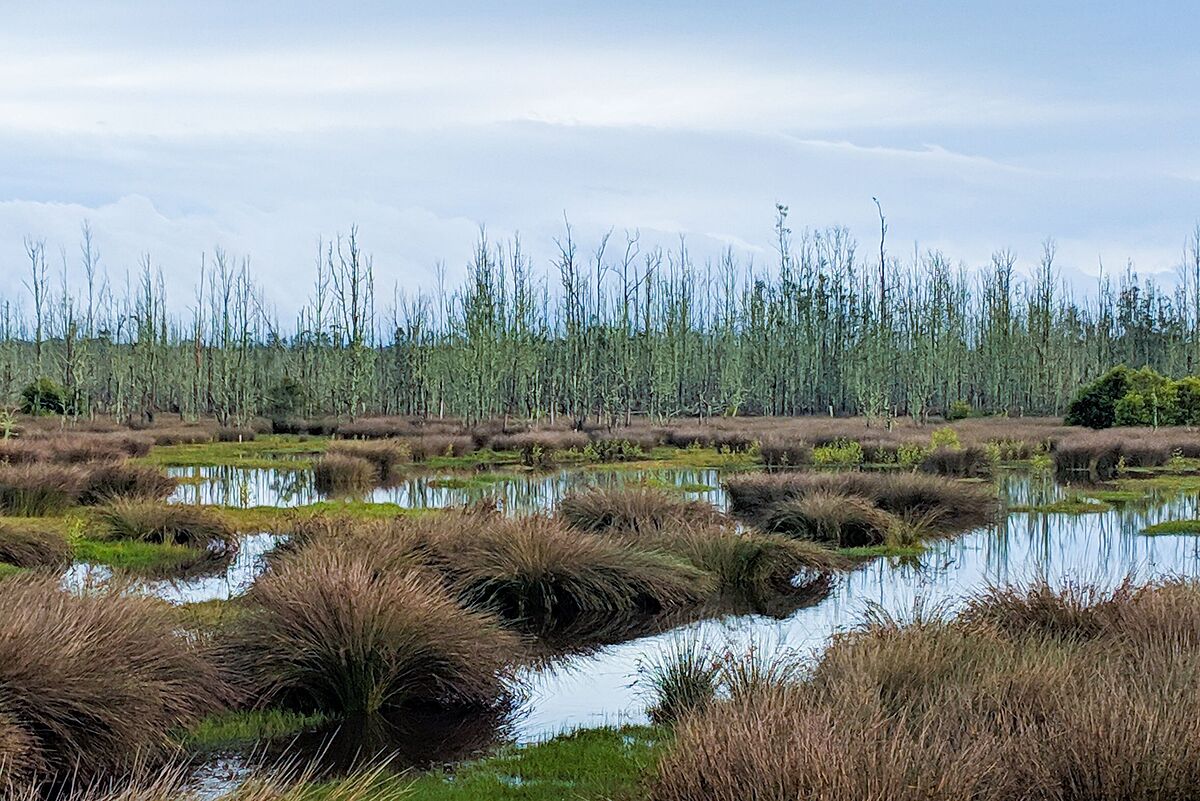Moral Practices of Public Affairs in Transformative Assemblages for the Sustainable Use of Peatlands in the Baltic Sea Region

The proposed research project aims to produce in-depth insights into moral Public Affairs practices in socio-political decision-making processes in the context of sustainability transformations.
Based on a longitudinal qualitative case study design, the project will explore which moral references occur in public affairs processes and how moral practices are justified, motivated and potentially restricted. In line with insights that indicate that those involved in public affairs are often confronted with value conflicts, research focuses on their reactions to contradictions and on the role played by moral instances and competencies, such as personal values, codes, ethical principles, care for others, ombudspersons or role models.
Results may not only advance research on ethics in public affairs, but may also contribute to the development of measures for regulation, education and training within the profession. Particularly in the context of sustainability transformations, which are strongly influenced by public affairs, societies around the world could profit from more detailed knowledge on when and why moral aspects are taken into account in public affairs or merely neglected.


The methodological approach follows DeLanda’s philosophical assemblage theory which has previously barely been applied to public affairs and organisational communication. Assemblage theory can complement network theory approaches to organisations as it also comprises material dimensions of social interactions. It is particularly applicable to the analysis of moral practices in sustainability transformations because, in addition to materiality, it considers a virtual dimension of possible action, so called spaces of possibility, as an important influence on social assemblages. By comparing realised and non-realised possibilities it enables an in-depth analysis of reasons and motives behind moral practices.
To facilitate a dense and close analysis of the interplay between material and expressive elements within public affairs processes, the proposal relies on an open, incremental methodological design. It combines qualitative interviews with narrative and ethnological elements with document analyses. Persons who are involved in public affairs processes will be interviewed at least twice, so that temporal dynamics become visible and reasons for non-realised possibilities can be considered. Case selection in the field of sustainability transformations is directed towards transformative practices in the sustainable usage of wetlands because this specific social assemblage can be analysed in a holistic manner.
Find out more about the research and teaching projects at the Chair of Communication Studies with a Focus on Organsiational Communication here.
